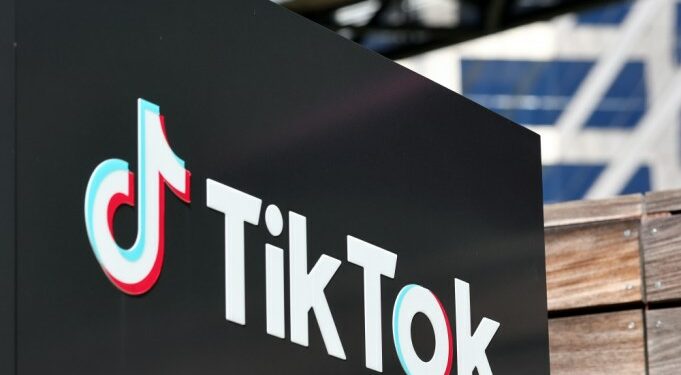TikTok issued a warning on Friday that it would shut down access to its app for more than 170 million Americans on Sunday unless President Joe Biden’s administration acts urgently to reassure the company it will not face penalties for violating the terms of a looming ban.
A bipartisan law signed by Biden in April mandates that TikTok must sell to American buyers by Sunday or face a ban in the U.S. Earlier in the day, the Supreme Court allowed the ban to proceed.
The Biden administration has made it clear that enforcement will fall to President-elect Donald Trump, who will be inaugurated on Monday.
A White House official reiterated Friday that the administration had made its stance clear on the matter.
While the official did not rule out further actions before Sunday, they stated that the administration had signaled it would not penalize service providers like Google and Apple for hosting TikTok.
TikTok responded by stating that the Biden administration’s statements had not provided enough clarity to the service providers who are crucial to keeping the app available in the U.S.
“Unless the Biden Administration immediately provides a definitive statement to satisfy the most critical service providers assuring non-enforcement, unfortunately, TikTok will be forced to go dark on January 19,” the company said in a statement Friday evening.
The concern stems from service providers, who could face steep fines for allowing access to TikTok if the ban takes effect.
As Biden’s administration ends, TikTok executives are proceeding cautiously, fearing potential legal and financial penalties, and exerting pressure to ensure the app remains accessible in the U.S. over the long term.
Earlier on Friday, the Supreme Court issued an unsigned opinion, allowing the ban to proceed while acknowledging that TikTok provides a “distinctive and expansive outlet for expression” for 170 million Americans.
However, the court emphasized national security concerns, specifically TikTok’s relationship with China and its data collection practices.
In a response video, TikTok CEO, Shou Chew, indicated the company would continue to work to keep the app accessible for Americans, potentially with help from President-elect Trump.
“We have been fighting to protect the constitutional right of free speech for the more than 170 million Americans who use our platform every day to connect, create, discover and achieve their dreams,” Chew said.
He also thanked Trump for his commitment to work on a solution to keep TikTok in the U.S.
In an interview with CNN, Trump suggested he would make the final decision regarding the ban, adding that Congress had granted him the authority.
“It ultimately goes up to me, so you’re going to see what I’m going to do,” he said. Trump confirmed that he had discussed TikTok with Chinese President Xi Jinping, saying they had a “great talk” about the app, along with other subjects.
As the clock ticks toward the Sunday deadline, companies connected to TikTok’s U.S. operations are seeking clarification regarding the ban and any associated penalties.
The law imposes penalties of up to $5,000 per user for distributing or updating the app after the ban takes effect.
While the Biden administration’s power ends on Monday, White House aides have made clear that the next administration will be responsible for implementing the law.
In his video, Chew assured users, “Rest assured we will do everything in our power” to keep the app accessible, adding, “More to come.”
As Trump prepares for his inauguration, he is expected to have TikTok executives at the event, possibly indicating his interest in finding a resolution for the app’s future.
The law gives the president the ability to extend the ban by 90 days, provided there is significant progress on a sale of the app.
However, TikTok’s parent company, ByteDance, has not publicly updated its stance that the app is not for sale.
The Supreme Court’s ruling largely centered on the app’s data collection, with the Biden administration raising concerns that China could access sensitive user information or manipulate content to serve Chinese government interests.
The court noted the “narrowness” of its ruling, indicating that similar cases involving new technologies might have different outcomes.
Justice Neil Gorsuch, in a concurrence, expressed reservations about the level of scrutiny applied to the case, though he ultimately agreed that the law met its burden. He also emphasized that allowing a foreign adversary to spy on Americans is a serious issue.
Justice Sonia Sotomayor, while agreeing with the decision, expressed concern about the court’s approach to the First Amendment implications, stating that it had been an issue of concern in the case.













